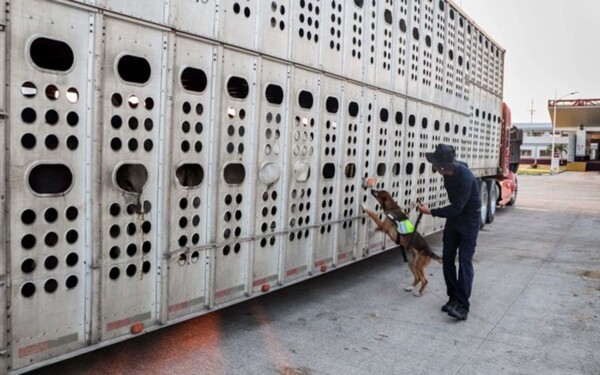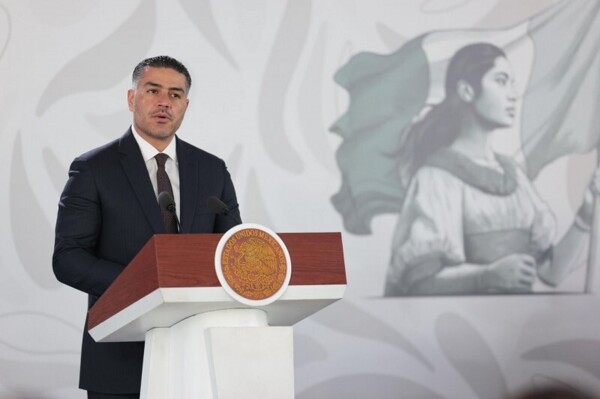
The lack of economic autonomy and the presence of structural machismo condemn migrant women to a life of vulnerability. When they try to escape this reality, they encounter a world that rejects and punishes them for merely trying to survive. This March 8, while discussing rights and equity, it is important to remember that migrant women are women too and behind each of them lies a story of collective failure.
"Migration is an act of faith," highlights a report addressing the situation of migrant women. Many of them suffer violence, abuse, and systematic abandonment that deprives them of rights and protection on their path to a better future. In Latin America, the problem is exacerbated by reports of abuse by authorities and the failure of governments to address the underlying causes of migration.
Migrant women are often sidelined in discussions about migration, despite facing extremely difficult situations. In their journey, they confront linguistic, legal, and labor barriers that leave them vulnerable to abuse. It is essential to recognize that female migration is a complex phenomenon intrinsically linked to a global system that has not protected women at all stages of their lives.
Countries like Mexico have militarized their borders, which not only fails to resolve the migration crisis but increases the vulnerability of migrant women to abuse and exploitation. The demand for a change to ensure dignified, orderly, and safe migrations is vital, as migrant women do not move on a whim, but as a response to a system that has failed them.
In this struggle, migrant women continue their journey in silence, away from the international political discussions that directly affect them. Many of them have experienced violence from an early age, without access to education or adequate health services. The dominant narrative about migration focuses on security and border control, neglecting the serious violations and abuses that women face in this process.
It is crucial to remember that violence against migrant women does not cease upon crossing a border; many are forced to accept precarious and poorly paid jobs, without access to fundamental rights. This March 8, it is essential to remember that equality must be for all, regardless of their origin or destination.













